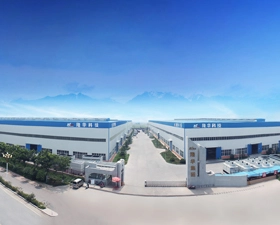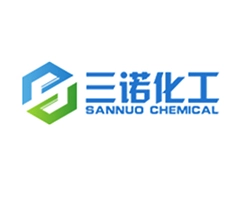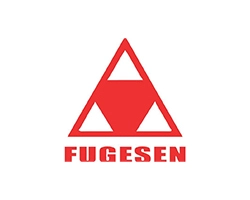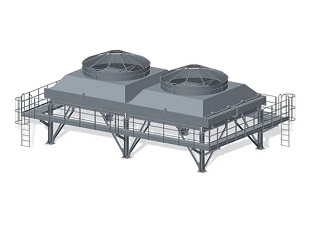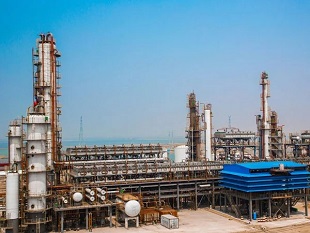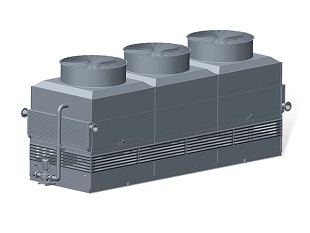
- Home
-
Products
Vibration-Damping Fasteners Upper Self-locking Double-layer Non-linear Vibration Damping Fasteners Double-Layer Nonlinear Vibration Reduction Fastener With Shoulders FST Type High Torsion Resistance High Vibration Damping Fastener Turnout Vibration Damping Fastener Rail DamperSynthetic Rail SleeperApplication Semiconductor Display and Semiconductor Integrated Circuit Solar Photovoltaic, Sapphire, MOCVD Equipment, Medical CT Equipment, High-temperature Heating Furnace and Other Industries Molybdenum Material Deep Processing, Steelmaking and Other Industries New Energy, Rare Earth Permanent Magnet, Structural Ceramics, NdFeB Vacuum Equipment Industry

-
Application
ApplicationApplication Fields of New Electronic Materials
- Semiconductor Display and Semiconductor Integrated Circuit
- Solar Photovoltaic, Sapphire, MOCVD Equipment, Medical CT Equipment, High-temperature Heating Furnace and Other Industries
- Molybdenum Material Deep Processing, Steelmaking and Other Industries
- New Energy, Rare Earth Permanent Magnet, Structural Ceramics, NdFeB Vacuum Equipment Industry
- About Us
- Branches
- Contact Us
- News
 EN
EN
 jp
jp  ko
ko  fr
fr  de
de  es
es  it
it  ru
ru  pt
pt  ar
ar  tr
tr 